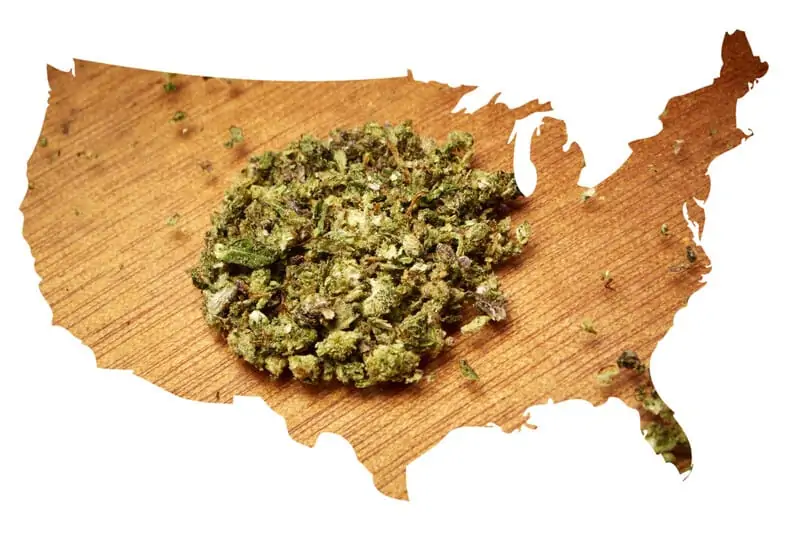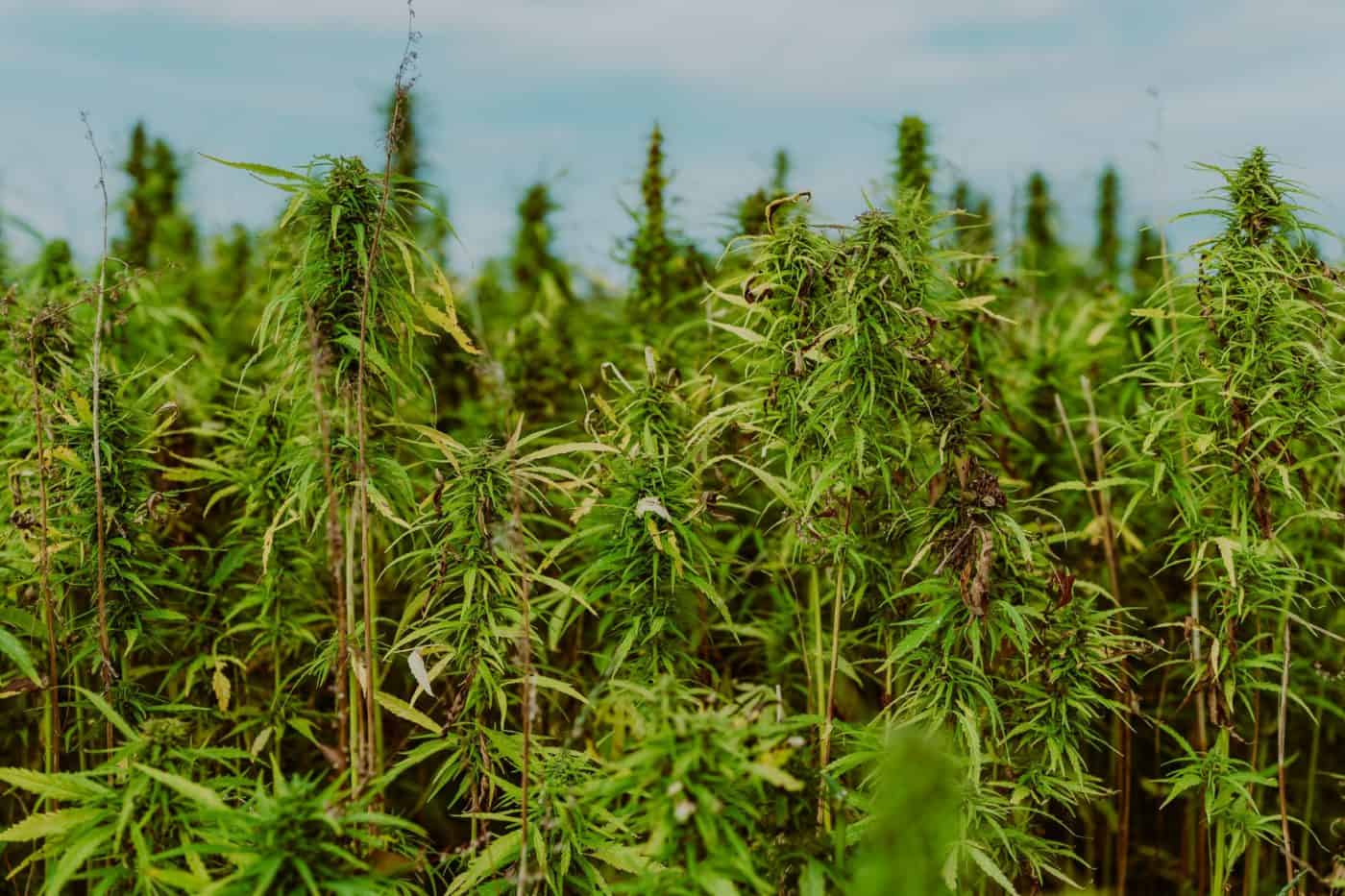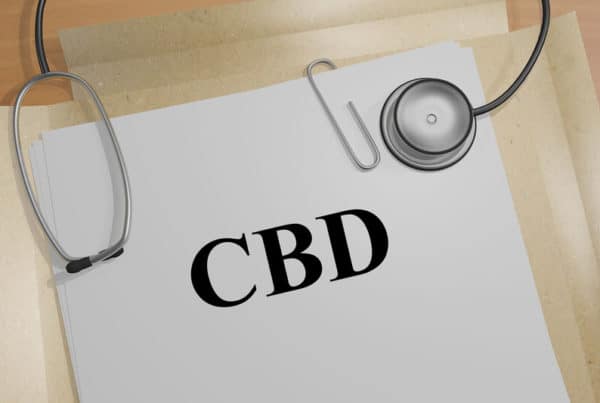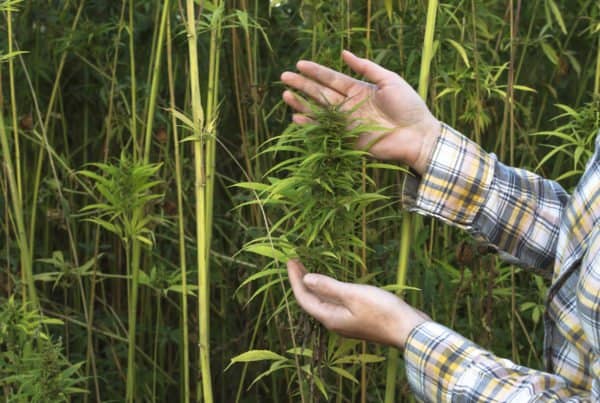TABLE OF CONTENTS
After the 2018 Farm Bill was passed, hemp production has skyrocketed, producing a flourishing CBD market. However, hemp companies have recently stepped into a gray legal territory by advertising hemp-derived edibles with several milligrams of delta-9 in hemp products. THC is the primary intoxicating compound in the plant.
Currently, there is no definitive way to measure THC concentrations in certain hemp-derived edibles on a dry weight basis. Hemp extracts and beverages, for example, are vulnerable to federal penalties. Here is what you need to know about the industry’s dry weight standard problem.
What Is the Dry Weight Standard of THC?
When the Agriculture Improvement Act of 2018 (2018 Farm Bill) legalized hemp production, it defined hemp as “the plant Cannabis sativa L. and any part of that plant, including the seeds thereof and all derivatives, extracts, cannabinoids, isomers, acids, salts, and salts of isomers, whether or not, with a delta-9-tetrahydrocannabinol concentration of not more than 0.3 percent on a dry weight basis.”
Based on the law’s text, the FDA focused on raw cannabis biomass at cultivation facilities, and products such as beverages and extracts are not completely accounted for. Therefore, the FDA does not have a straightforward way to consider the moisture and weight of additional ingredients found in many hemp-derived products.
Still, many hemp companies continue to produce hemp-derived edibles and other derivatives without genuinely knowing the dry weight basis of their THC. As a result, under current law, many hemp-derived products may be considered illegal.
Should Hemp Companies Be Worried?
While some industry experts warn hemp companies that selling hemp-derived products with delta-9 is legally risky, others have a different perspective.
Some industry experts refer to the 2018 Farm Bill’s definition that includes terms like “extract,” “derivatives,” and “cannabinoids.” In addition, provisions in the bill indicate that THC in hemp is descheduled from the Controlled Substances Act (CSA).
However, to properly determine the THC levels on a dry weight basis, manufacturers and labs must remove the water weight of the end product. While certain dry products such as gummies and mints may be relatively easy and cost-effective to produce, other products such as liquids can be trickier to determine the THC levels on a dry weight basis to remain compliant.
How Is THC Dry Weight Determined in Hemp Extracts?
Federally, companies do not have guidance on how to calculate the dry weight of hemp-derived extracts. For this reason, labs use their methods to determine the product’s dry weight of THC. As a result, certificates of analysis (COAs) may not represent the exact THC levels of hemp extracts.
States with hemp regulations measure the THC concentration of hemp-derived products in different ways. For instance, in Oregon, THC levels must be present on a product on a dry weight basis based on the following formula:
P total THC (dry) = P total THC (wet)/[1-(P moisture/100)
In this method of determining the THC concentration on a dry weight basis, laboratories do not have to remove the moisture from hemp extracts.
The FDA has provided guidance on cannabinoid drugs used in clinical research that follows similar methods used by Oregon’s hemp regulations. However, we still don't know if the FDA will use this calculation methodology for hemp-derived products or create a distinction between pharmaceutical drugs and hemp extracts.
The DEA can claim that using a mathematical formula to determine the dry weight basis of THC in hemp-derived products does not accurately determine the accurate concentration. They may require labs to undergo a physical process to remove the moisture out of the hemp extracts, if it's even possible.
Hemp Regulations Vary By State

As the hemp market grows, states are creating more thoughtful hemp regulations. In many states, hemp-derived products must contain THC levels below a threshold that can include other tetrahydrocannabinols like delta-8, delta-10, and THCA.
States are considering the intoxicating properties of these emerging cannabinoids and restricting them for sale in licensed cannabis stores.
In some states, hemp-derived products are allowed to be sold if they meet manufacturing, packaging, and labeling regulations. Despite state rules, these companies may still be violating federal law.
Some states have taken a more heavy-handed approach to hemp by banning or restricting hemp-derived products. Due to these laws, hemp-derived products cannot be legally sold and shipped across every state.
The 2018 Farm Bill states that states can't interfere with the interstate transport of hemp products, but hemp companies should still consider whether the state they ship to even allows the sale of hemp products.
“
There are over 300,000 jobs in the cannabis industry. CTU trained me for one of them!

Makes $24.50 @ THC +
How the FDA Enforces Hemp Regulations
For government agencies like the FDA, enforcement of hemp regulations has been a low priority. Generally, the FDA sends companies violating the law a warning letter unless it's a severe violation. However, if the company does not take action, the FDA can take more aggressive approaches such as fines, seizures, and criminal charges.
Get the Latest Cannabis Industry News
Whether you are a cannabis consumer or business owner, you can find the latest cannabis industry news on CTU’s marijuana industry blog. For a comprehensive cannabis education, enroll in one of CTU’s online cannabis courses.

Fred Hernandez
Fred Hernandez is a highly accomplished and versatile writer, boasting an extensive background in the cannabis industry. With an in-depth understanding of various sectors including cultivators, processors, retailers, and brands, Fred's expertise spans across the entire cannabis landscape. As a prominent contributor to CTU, he consistently delivers insightful articles exploring the latest developments, news, and regulations shaping the cannabis industry. Whether it's delving into the intricacies of cannabis products, cannabis strain reviews, or providing comprehensive analyses of cannabis laws, or sharing expert insights on cannabis cultivation techniques, Fred's wealth of knowledge positions him as an invaluable writer and educator for all cannabis-related subjects.












 Jeff was involved in an accident where he endured a traumatic brain injury. He had a week-long stay in ICU where brain surgeons
Jeff was involved in an accident where he endured a traumatic brain injury. He had a week-long stay in ICU where brain surgeons  100% risk free money back guarantee within 48 hours after purchase if student has not completed any of the courses or exams.
100% risk free money back guarantee within 48 hours after purchase if student has not completed any of the courses or exams.